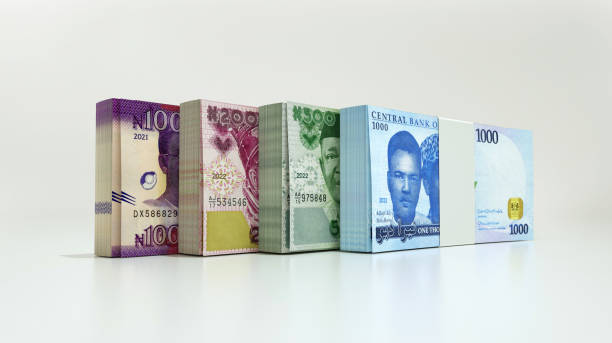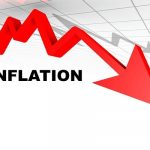Nigerian companies have moved to cushion the effect of the soaring inflation by increasing staff salaries by 18.35%.
The move revealed through data from the National Bureau of Statistics (NBS) ‘Nigerian Gross Domestic Product Report,’ signals an increase from N24.88 trillion in the first half of 2022 to N29.45 trillion in the same period of 2023.
Join our WhatsApp ChannelAccording to data released by the NBS earlier inflation rate in Nigeria hit 27.33% in October 2023, further worsening the economic condition of the citizens.
Commenting on the increase in staff salaries, the NBS stated: “In Q1 and Q2 of 2023, the Compensation of Employees grew by 15.08% and 19.41% respectively in real terms year-on-year.” They noted a jump compared to the rates recorded in 2022, emphasizing the rapid pace at which companies have addressed the escalating cost of living for their workers.
The NBS defines compensation of employees as “the total remuneration in cash or in kind payable by employers to employees for the work done.” This rise comes amidst a period where operating surplus for firms, including SMEs, expanded by 11.93% to N67.56 trillion.
However, despite these measures, the relentless increase in inflation, now at 27.33%, has impacted the purchasing power of Nigerians, with an estimated 4 million people being pushed into poverty between January and May 2023, according to the World Bank. The situation has weakened the real value of the minimum wage, plunging it by over 40% since 2019, causing immense financial strain for many.
Expressing her ordeal, Joy Bassey, a banker, lamented, “My salary doesn’t even last up to two weeks anymore. When you get to the market, you can’t even buy anything because of the way prices keep increasing.”
Amid this economic turmoil, projections by the Bretton Woods Institution suggest an additional 2.8 million Nigerians are expected to fall into poverty before the year concludes, painting a grim picture for the nation’s economic stability.


















Follow Us